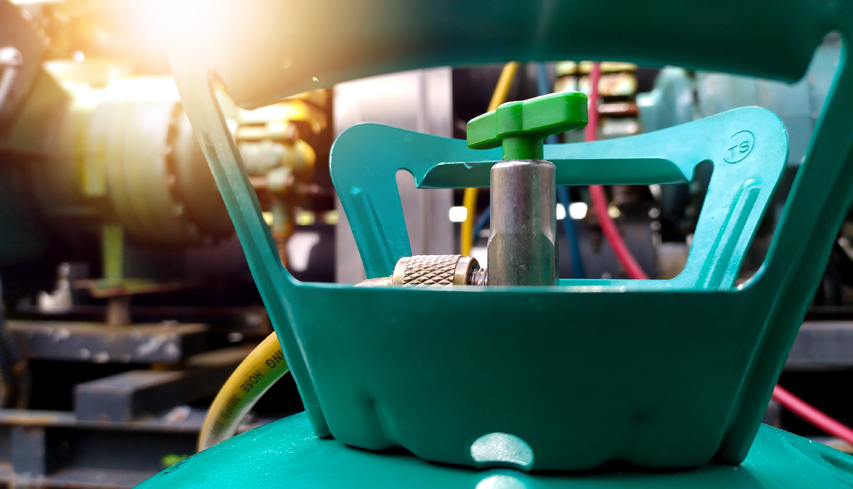Refrigerant is a vital component of your air conditioning system, helping to cool your home by absorbing and releasing heat. However, a refrigerant leak can cause significant problems for your HVAC system and your home’s comfort. At Service Air Eastern Shore, we want to help you understand the signs and risks of refrigerant leaks and how to prevent them.
Signs of a Refrigerant Leak
Identifying a refrigerant leak early can prevent more significant damage. Here are some warning signs to watch for:
- Weak Cooling: If your air conditioner isn’t cooling your home effectively, a refrigerant leak could be to blame. Low refrigerant levels mean less heat is being absorbed and released, leading to weaker performance.
- Longer Cooling Cycles: If your system is running for longer periods but still not reaching the desired temperature, it may be struggling with insufficient refrigerant.
- Hissing or Bubbling Sounds: Unusual sounds coming from your HVAC unit, like hissing or bubbling, can indicate that refrigerant is escaping from the system.
- Ice Build-Up on Coils: A refrigerant leak can cause ice to form on the evaporator coils, leading to inefficient cooling and potential damage to the system.
- Higher Energy Bills: A sudden spike in your energy bills without a change in usage could be a sign that your system is overworking due to a refrigerant leak.
Risks of Refrigerant Leaks
Refrigerant leaks can cause a range of issues, from reduced comfort to serious health and safety risks:
- Reduced Efficiency: Low refrigerant levels mean your system has to work harder to cool your home, leading to higher energy consumption and utility bills.
- System Damage: Running your HVAC system with low refrigerant can cause the compressor to overheat and fail, leading to expensive repairs or a complete system replacement.
- Environmental Impact: Refrigerants like R-22, commonly used in older systems, are harmful to the environment and contribute to ozone depletion.
- Health Hazards: Refrigerant leaks can release harmful chemicals into the air, which can be dangerous if inhaled. Prolonged exposure to refrigerants can cause symptoms like dizziness, nausea, and headaches.
How to Prevent Refrigerant Leaks
Here’s how you can reduce the risk of refrigerant leaks in your HVAC system:
- Regular Maintenance: Schedule annual HVAC check-ups with a professional to catch any potential issues before they become serious. A technician can inspect your system for leaks, check refrigerant levels, and ensure your system is running smoothly.
- Keep an Eye on Performance: Pay attention to how your system is performing. If you notice any of the signs mentioned above, don’t ignore them—contact a professional right away.
- Upgrade Your System: Older HVAC systems are more prone to refrigerant leaks, especially if they still use R-22. Upgrading to a new, energy-efficient system with environmentally friendly refrigerants can prevent leaks and reduce your environmental impact.
Trust Service Air Eastern Shore to Handle Refrigerant Leaks
At Service Air Eastern Shore, our team of experienced technicians is here to help with all your HVAC needs, including refrigerant leak detection and repairs. If you suspect a leak or want to prevent future issues, contact us today to schedule a service. We’ll ensure your system is operating efficiently and safely, keeping your home comfortable year-round.
About Service Air Eastern Shore
Service Air Eastern Shore has been providing reliable HVAC services for years, offering installation, maintenance, and repair to homeowners and businesses. Whether you need help with refrigerant leaks, system upgrades, or indoor air quality, our team is here to help. Contact us today to learn more about how we can keep your HVAC system running efficiently!





